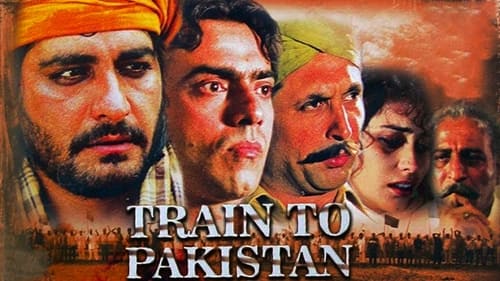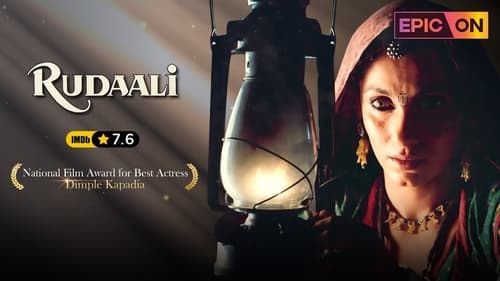
Producer
Tensions run high near the border of British India, which is about to be partitioned with a new country called Pakistan. Sikhs living in this border town have heard numerous stories of Muslims killing, raping, and looting other Sikhs, Hindus, and Christians, and many of whom are their friends and relatives. Enraged at the loss of law and order, they plan their own attack on a trainful of Muslims leaving British India. The train is overcrowded with tens and thousands of migrating passengers, who are even perched on the windows and seated on the roof of this train. The plot is to tear the bridge down when the train is on it, and no one will dare stop these men to carry out this horrific task

Producer
The 'Century of Cinema' is an 18-part series produced by the British Film Institute to celebrate 100 years of cinema. The series includes films directed by Scorsese, Oshima, Godard, among others. Mrinal Sen directed the Indian chapter of the series.

Producer
Shanichari is a beautiful girl born in lower cast and her life is full of sufferings because of lower cast, poor finances, lost parents, drunken husband, mischievous son. The title refers to a custom in some parts of Rajasthan—where aristocratic women were long kept secluded and veiled—of hiring professional women mourners on the death of a male relative, a rudaali (pronounced “roo-dah-lee”—literally, a female “weeper”) to publicly express the grief that family members, constrained by their high social status, were not permitted to display—or at times, perhaps did not feel. Underwritten by the National Film Development Corporation (NFDC) and Doordarshan (Indian national television) and based on a short story by famed Bengali author Mahasweta Devi—whose tales often focus on the travails of low-caste women.

Editor
Om Dar-Ba-Dar is a 1988 Indian postmodernist Hindi film directed by Kamal Swaroop and starring Anita Kanwar, Aditya Lakhia and Gopi Desai in lead roles. The film set in Ajmer and Pushkar in Rajasthan, employed nonlinear narrative and an absurdist storyline to satire mythology, arts, politics and philosophy.



